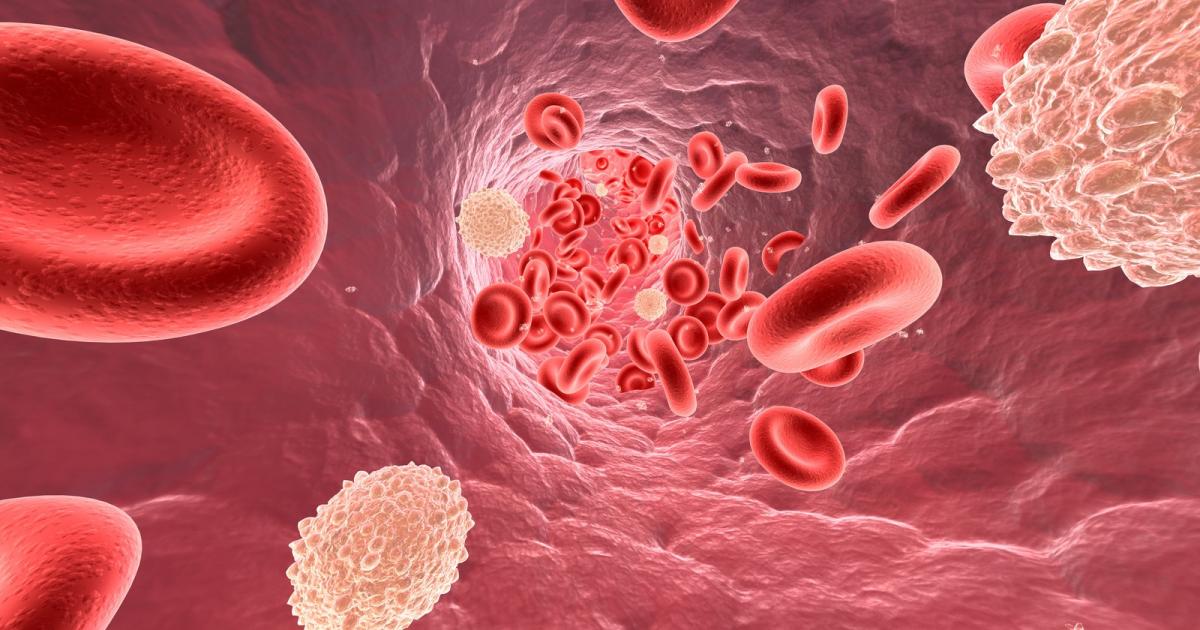Risk Factors And Causes of Premature Ventricular Contractions
Coronary Artery Disease

Any individual who has coronary artery disease is at a higher risk of experiencing regular and frequent premature ventricular contractions. Coronary artery disease happens when the arteries that supply the muscle tissues of the heart with oxygenated blood become narrowed, hardened, and clogged. This usually happens as a result of the build-up of cholesterol and fatty deposits on the inside lining of the arteries or endothelium. This can cause an obstruction in normal blood flow to the muscle tissues of the heart responsible for the contraction and relaxation of the heart chambers. Coronary artery disease doesn't have to cause a full blockage of blood flow to the heart in order to result in premature ventricular contractions.
Even just a partial blockage can easily result in an irregular heart rhythm, including PVCs. Any degree of inadequate oxygen supply to the heart tissues can cause the nerve cells that control the heart muscle to function poorly. It can also cause the muscle tissues themselves to misinterpret signals that are sent from the nerves. Premature ventricular contractions and other heartbeat abnormalities will occur frequently when the nerve and muscle cells in the heart tissues do not work properly individually, or when they do not work together in unison correctly.
Heart Failure

Heart failure can cause an individual to experience frequent premature ventricular contractions because of their reduced heart function. This happens when the heart muscle is unable to pump blood throughout the body effectively enough to support all of its functions. This inability can occur when the heart muscle becomes too weak in certain areas, becomes too hard or stiff in some areas, or both. Weakened parts of the heart muscle cannot contract strong enough to pump blood, and any stiffened parts of the heart will fail to fill up with enough blood to be pumped back out. Several factors can cause premature ventricular contractions to occur in individuals with heart failure.
Structural changes, including fibrosis or scar formation, dilation of one or more chambers, myocardial stretch, and an alteration of the ionic cellular currents may all manifest as heart rhythm abnormalities. Fibrosis can place a physical barrier in the normal electrical pathways of the heart, which can result in PVCs. Heart failure can cause remodeling of sodium channels that control the heart rhythm, and this can interfere with normal ventricular contractions. Individuals who have heart failure that does not cause PVCs directly are still at an increased risk for them when additional risk factors become involved.
